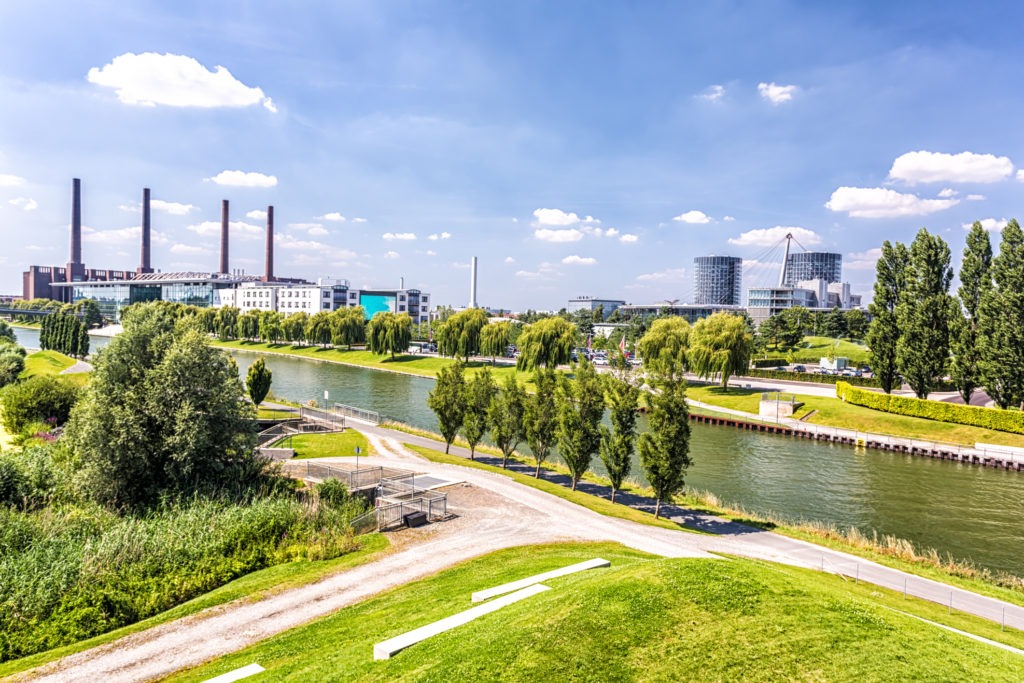Dutch group brings VW lawsuit as Porsche is investigated in diesel saga
13 June 2017

13 June 2017
Volkswagen (VW) is facing another class action lawsuit in Holland as the emissions scandal continues to affect motorists around the world.
While the company has admitted wrongdoing in the US and set aside $25 billion (€22.7 billion) for compensation and vehicle buybacks, in Europe, VW has denied it has cheated any official testing procedure. While it has issued a recall for vehicles fitted with ′defeat’ software, it has stated that there will be no compensation for drivers of its vehicles within the EU.
This has led some legal groups to attempt to bring affected drivers together to launch a class action lawsuit on their behalf. Such a development has already been reported in Italy, while in the UK, a legal firm is appealing for affected drivers to come forward. Claims against the manufacturer include issues relating to the recall, which in some instances has caused reduced fuel economy and poorer emissions output, as well as diesel particulate filter and exhaust gas recirculation valve failures in extreme cases.
Now, a Dutch group claims to be representing over 180,000 VW owners. The group’s website states: ′The Foundation is a non-profit organisation that is duly incorporated on 2 October 2015 under the laws of the Netherlands. It has its registered seat in Rotterdam, the Netherlands. The Foundation was incorporated to ascertain the (financial) consequences for the Car Owners resulting from the emissions fraud, obtain compensation for the financial consequences for the Car Owners and to obtain appropriate guarantees and indemnifications for each car owner.’
Dutch law has a mass claims procedure similar to class action suits in the U.S., where Volkswagen is paying billions of dollars in regulatory fines, technical fixes and compensation to drivers.
The Dutch Foundation said it was in talks with consumer claims groups in Germany, Austria and Switzerland among others to join in a pan-European suit against Volkswagen. In Italy, consumer group Altroconsumo has been calling for drivers of VW, Audi, Skoda and SEAT to join their campaign to file a class action against the manufacturer and has brought its case to a court in Venice.
Meanwhile, authorities in Germany are to examine the V6 diesel engine found in the Porsche Cayenne, following reports in the country’s media that it emits levels of nitrogen oxides (NOx) that are well above legal limits in real-world driving conditions.
As part of the VW Group, the engine is sourced from sister company Audi, which is itself under investigation in Germany over high emission levels from engines in its A7, A8, Q5 and Q7 models, the latter being the vehicle upon which the Porsche Cayenne is based.
German Magazine Der Spiegel asked German test institute TUV Nord to check emission levels for the model under normal driving conditions. The publication quoted the head of testing at the institute as saying: ′Emissions in this test were higher than the limits for this type of car. With these values the car would not have been approved by the authorities.’
Porsche said the test results “are not comprehensible” and noted that emissions depend on conditions such as engine load, speed and temperature. The company has only been involved in the scandal from a financial fraud aspect until now, with no suggestion that its vehicles are fitted with the same software as those in other VW brands.
Audi, which reached a settlement with US authorities over its 2.0-litre engine in May 2017, is due to issue a recall for the affected models, due to an order made by German authorities. With evidence that other models in the group could be affected by emissions software, there is the possibility that such a recall may be extended to encompass further vehicles.